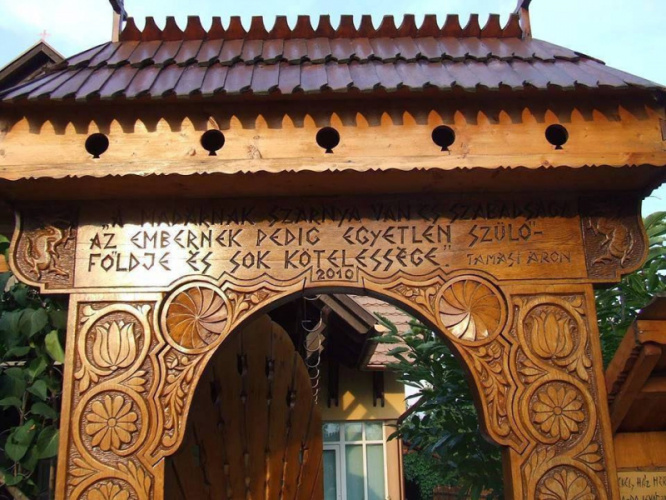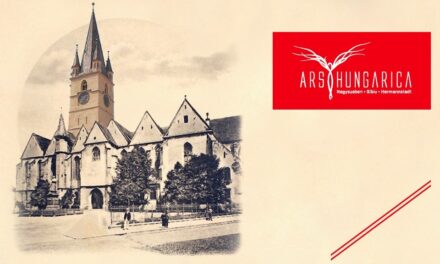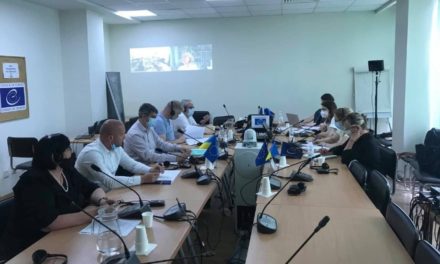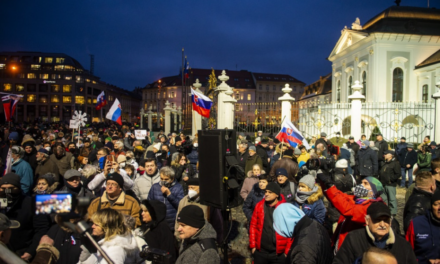According to the results of a public opinion poll presented on Wednesday, only ten percent of Transylvanian Hungarians consider Romania their homeland and five percent their homeland; those interviewed primarily named Transylvania or one of its smaller regions as their home country or homeland.
Representatives of the pollsters Tibor Toró and Tamás Kiss of the Bálványos Institute and the Transylvania Inquiry presented the survey, which was conducted in July 2021 with a sample of 1,218 people representative of Transylvanian Hungarians, at a press conference in Cluj on Wednesday. According to the press release, the purpose of the survey was to examine the identity structure and national concept of Hungarians in Romania, as well as their relationship with Hungary.
The results were also compared with the results of the Minority Research Institute of the Hungarian Academy of Sciences in 2007 and 2010, the National Minority Research Institute in 2013, the Kvantum Research in 2016, and the Bálványos Institute in 2019, with similar themes, and regarding the development of opinions conclusions were also drawn.
The vast majority of those polled in the poll (89 percent) believe that Transylvanian Hungarians are part of the Hungarian nation, and the proportion of those who disagree is still small.
56 percent of those surveyed believe that Hungarians in Romania are part of the Romanian nation. This rate is higher than the 2013 and 2019 data, but lower than the 2010 and 2016 data. There was no change in the personal form of the question either, there are still more people who do not consider themselves members of the Romanian nation.
Hungarians in Romania primarily consider Transylvania their homeland (47 percent) and their homeland (43 percent). Territorial units smaller than this (Székelyföld, Partium, Bánság, the given settlement) were included in 37 percent of the answers to the homeland and 48 percent of the answers to the homeland. Hungary or the Carpathian Basin are rarely mentioned in the answers.
10 percent of the respondents considered Romania their country and 5 percent their homeland.
The researchers found that over the past decade, the proportion of those who consider Romania their country, their homeland, has been decreasing, and the proportion of those who have designated regions smaller than Transylvania as their country, their homeland, has clearly increased.
The researchers attributed the increase from 66 to 73 percent of those who feel a positive connection to the Székely flag to the symbolic conflicts of recent years. Attitudes towards the Romanian and Hungarian flags have hardly changed.
The most important change related to national identity occurred with regard to the criteria for national membership. The survey showed the consensus of those surveyed that the most important criteria for determining Hungarian national membership are the following: the person considers himself Hungarian (98 percent), knows the Hungarian language (96 percent), and is of Hungarian origin. However, Hungarian citizenship has so far not been one of the elements determining national membership. In 2016, only 26 percent of the respondents thought that "in order for someone to be a real Hungarian", he must also be a Hungarian citizen.
This proportion changed to 52 percent by 2021. This means that those who think of Hungarian citizenship as an important element defining identity have become the majority.
More than half of the respondents (53 percent) said that they were "very proud", and 40 percent said that they were "proud of being Hungarian". The proportion of those who are not proud of their identity was negligible (4 percent).
Source: szekelyfold.ma / MTI
Featured image: turulinfo/Calendar












